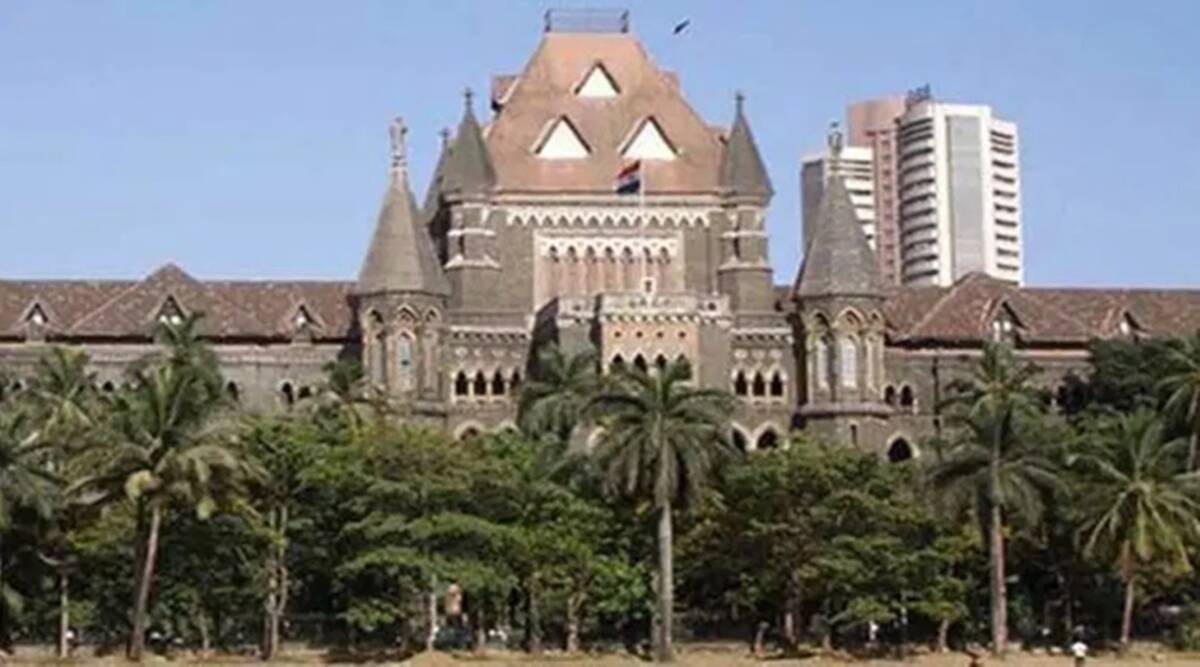
Observing that a woman cannot be asked to choose between her career and child, the Bombay High Court has directed her estranged husband to give his no objection for her to travel along with her daughter to Poland.
Justice Bharati Dangre observed that the woman had the right to development, and set aside the Pune Family Court’s order refusing permission to the wife to relocate along with their daughter to Krakow, Poland, for two years.
“…the impugned order has failed to consider the important aspect of right to development, being vested in the petitioner as she cannot be asked to choose between her child and her career, the impugned order is quashed and set aside.”
“I do not think that the Court can refuse the job prospects to a mother, who is inclined to take up the job and she cannot be deprived of this opportunity,”
the judge added.
The court, however, directed the woman to fly down with her daughter to India during all three vacations, so that the father can have physical access in addition to virtual access.
Facts of the Case
The petitioner, who wants to divorce her husband (the respondent), sought sole custody of their minor daughter in Family Court, Pune. In her petition for custody, the petitioner had filed an application seeking permission to relocate and shift to Poland along with her daughter. The husband of the petitioner had filed an application seeking a restraint order to prevent her from taking his daughter to Poland.
The Family Court granted partial relief to the husband and prevented the wife from taking their daughter out of India. Further, the Court restrained the wife from changing the daughter’s school without the consent of her husband. The petitioner challenged this order in the Bombay High Court.
Advocate Abhijit Sarwate argued on behalf of the wife that the family court failed to take into account the prospects available to the petitioner in taking the job in Poland which will further her career growth. He submitted that his client is going to Poland only for a limited period and has assured access to the father. He further submitted that the wife has single-handedly brought up the child and the husband has failed to take up responsibility. “Right to development is a basic human right, which is recognized by the highest Court of this country and, therefore, it cannot be denied to the petitioner”, Sarwate stated.
Advocate Mayur Khandeparkar and Ajinkya Udane appeared for the husband and argued that the wife had made previous attempts to alienate the child from him and his family and her intention is to sever the ties between the father and daughter. Further, he argued that the present warlike situation in Europe is not suitable for the daughter to move to Poland. He also submitted that the daughter will face a language barrier and extreme climate which may result in depression and loneliness.
Justice Bharati Dangre carefully considered the concerns of both husband and wife and relying on Supreme Court judgment in Vikram Vir Vohra v. Shalini Bhalla, held that a balance has to be drawn between the interest of both the parties and by offering paramount consideration to the welfare of the child. The court held that it cannot deny the wife the opportunity to further her career. The option of separating the mother is also not viable as the daughter has always stayed with her mother. The court stated that the child is young and can adopt a new environment, so she will not feel uprooted. Further, the period of stay is limited to two years, which is not a very long period of time and it cannot be said that the child will get dissociated from her father and her country.
The court relied on the Supreme Court case of Ritika Sharan v. Sujoy Ghosh which dealt with similar facts and the parties worked out an arrangement for visitation in the court itself. Along the same lines, the court in the present case also decided on an arrangement for the father to have access to the daughter while she is in Poland. The wife had submitted affidavits undertaking that the father will have virtual and physical access to the daughter. The court modified physical access to be availed by the father and added provisions for overnight access. The court also stated that the wife will have to bear the expenses of bringing the child to India during the three school vacations.
The court directed the father to continue his present contributions towards the daughter’s education and to accord no objection to the visa application, or any other documents, which require his signature.
The impugned order of the Family Court was quashed and set aside on the ground that it has failed to consider the important aspect of the right to development of the petitioner as woman she cannot be asked to choose between child and career.
